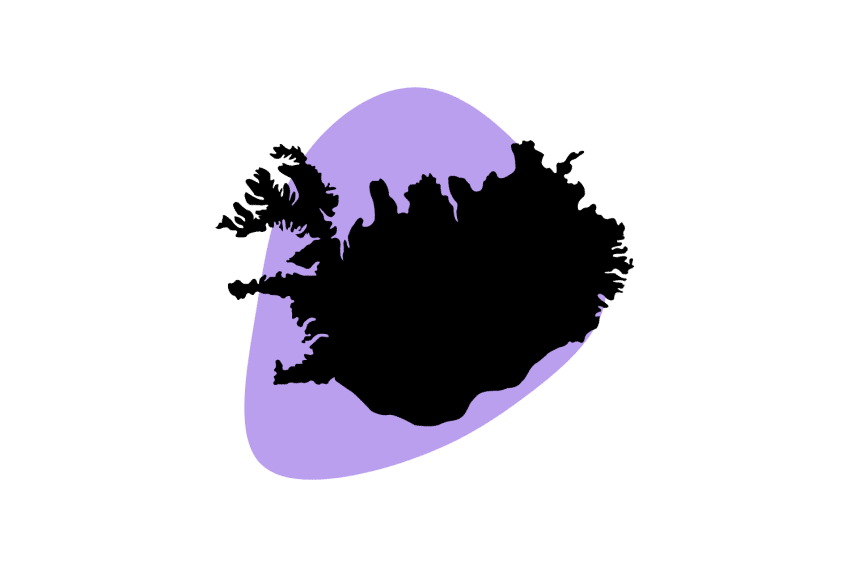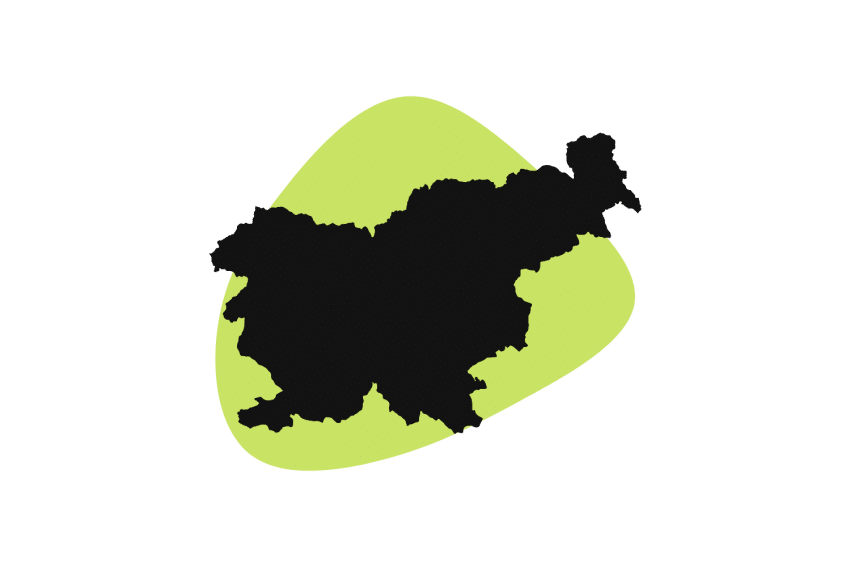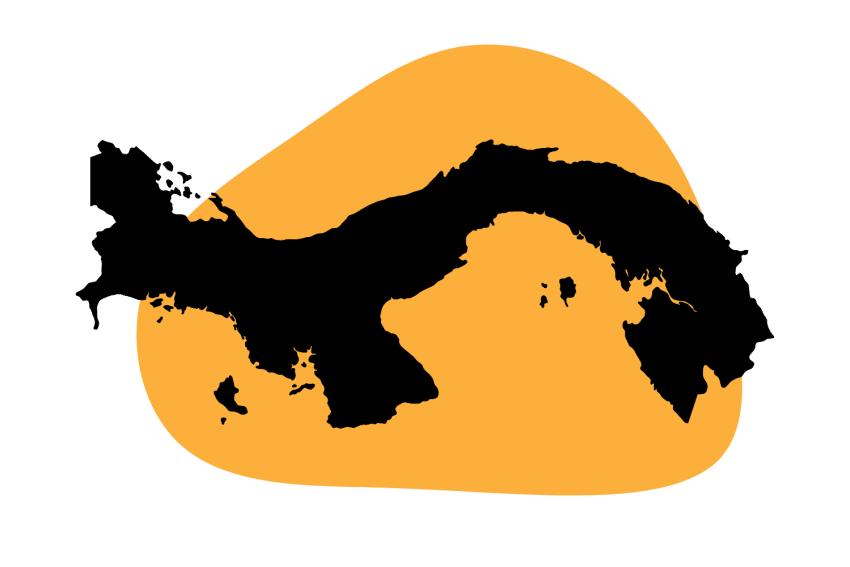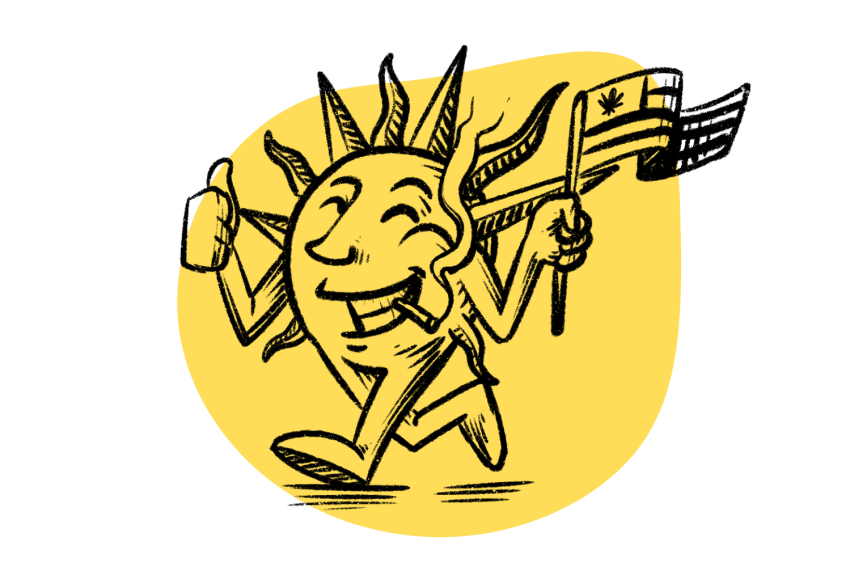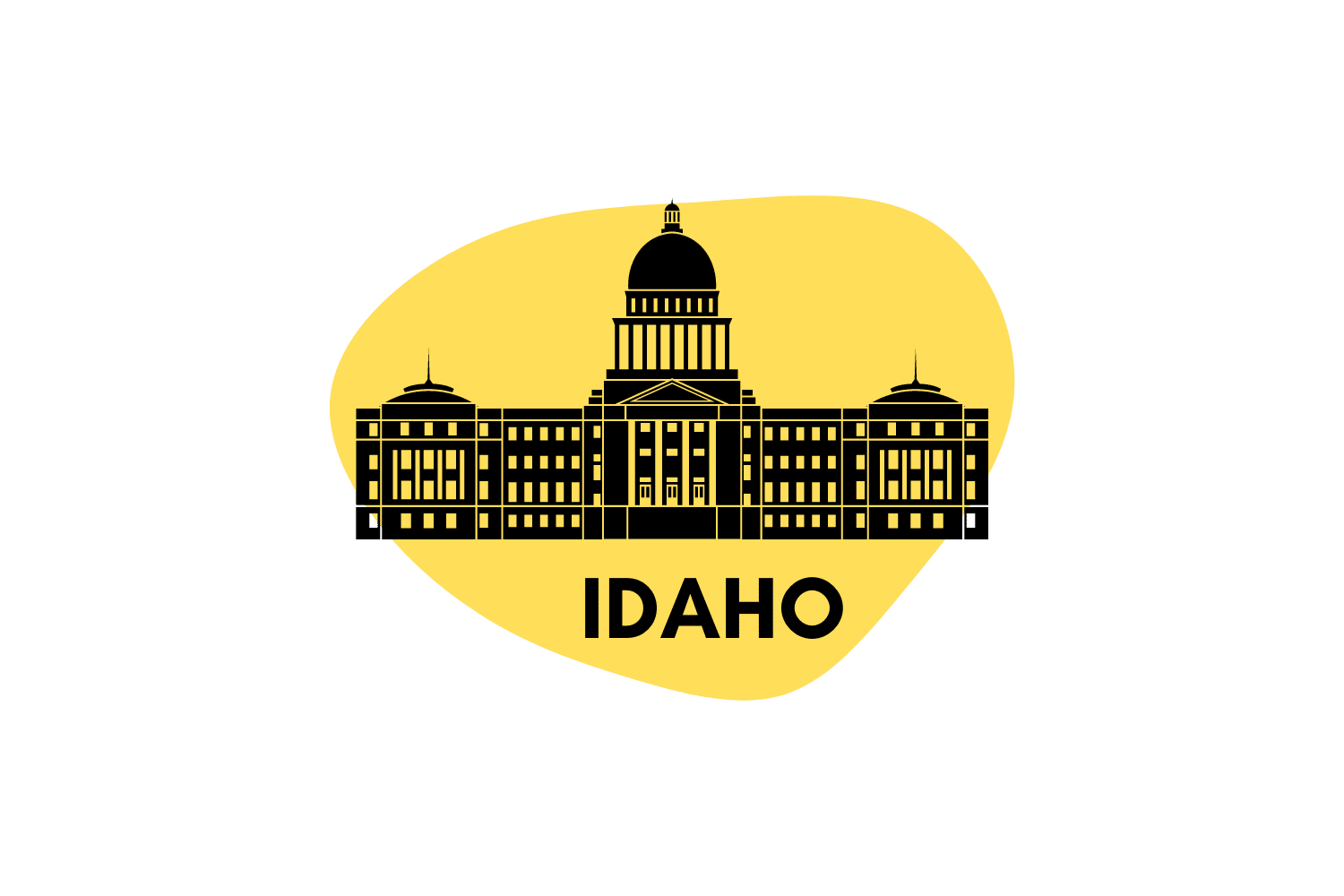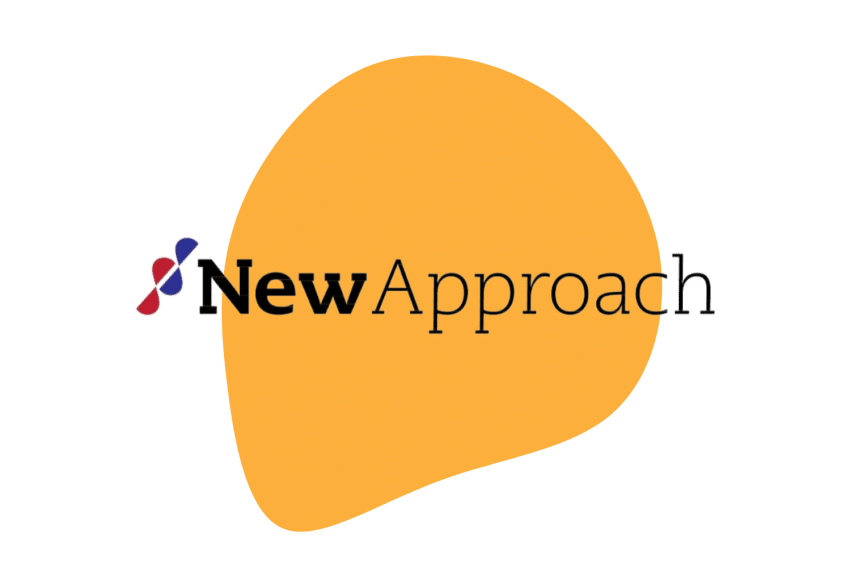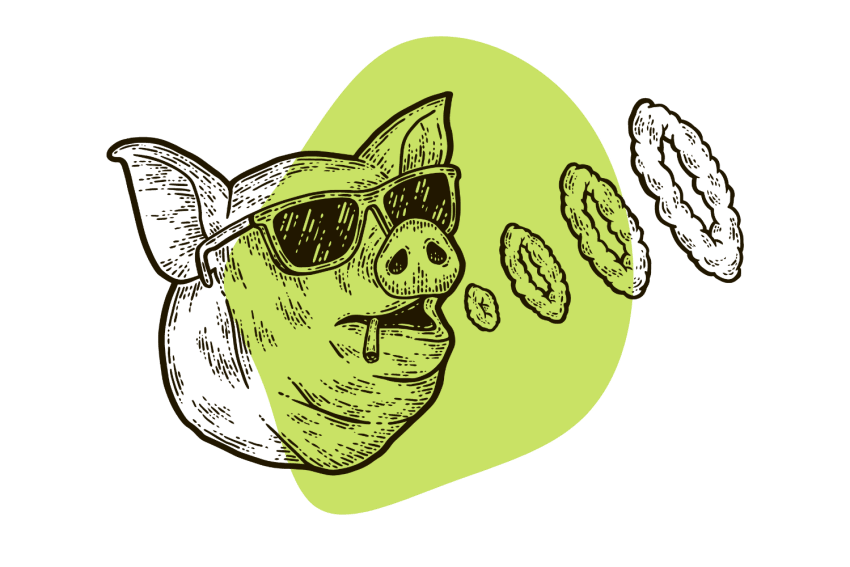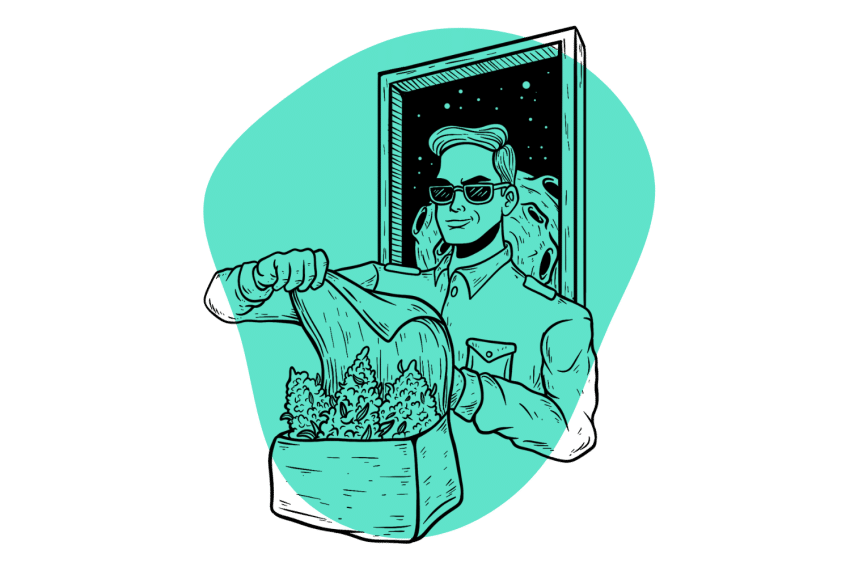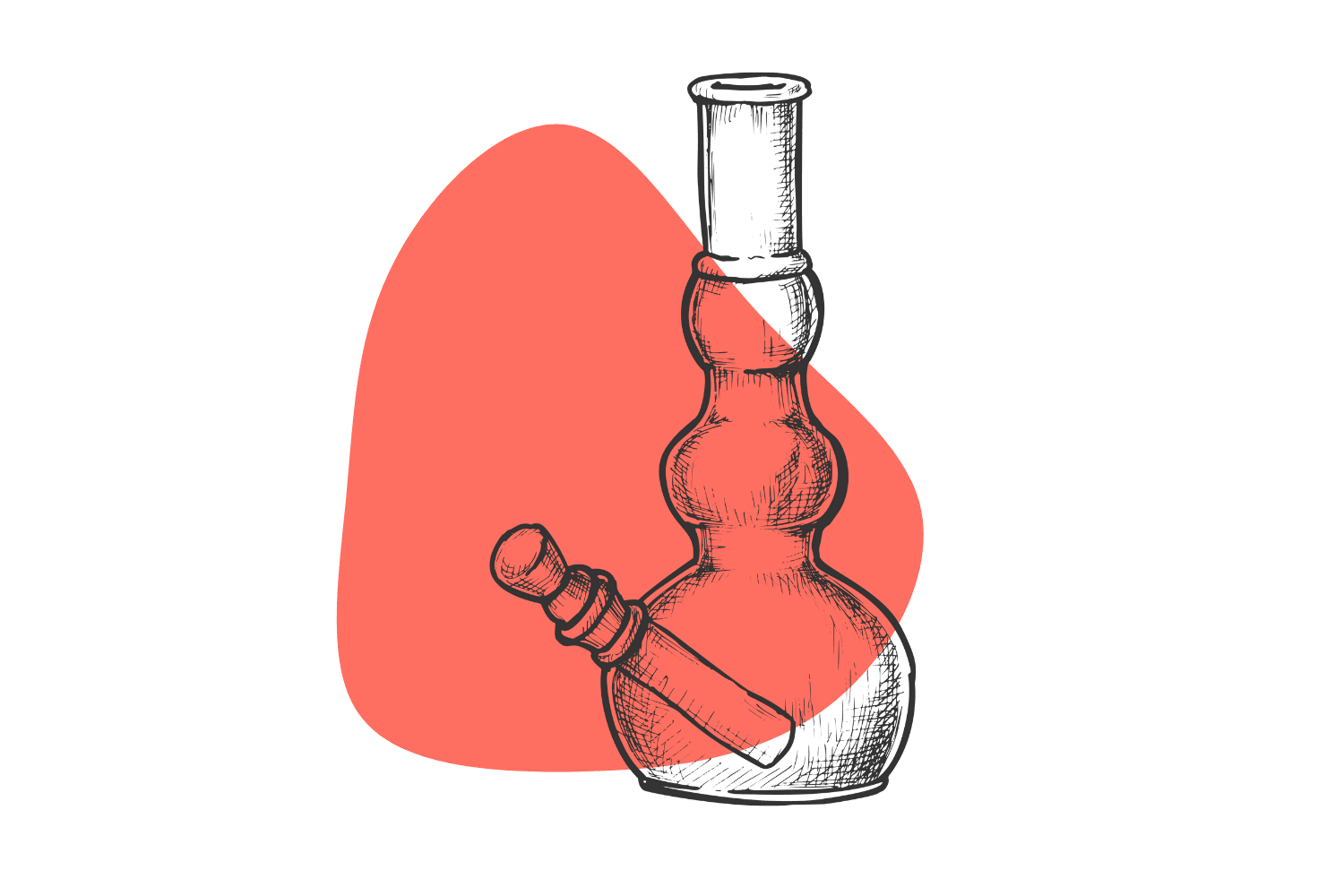What’s The Difference Between Decriminalization & Legalization?
Decriminalization ≠ Legalization
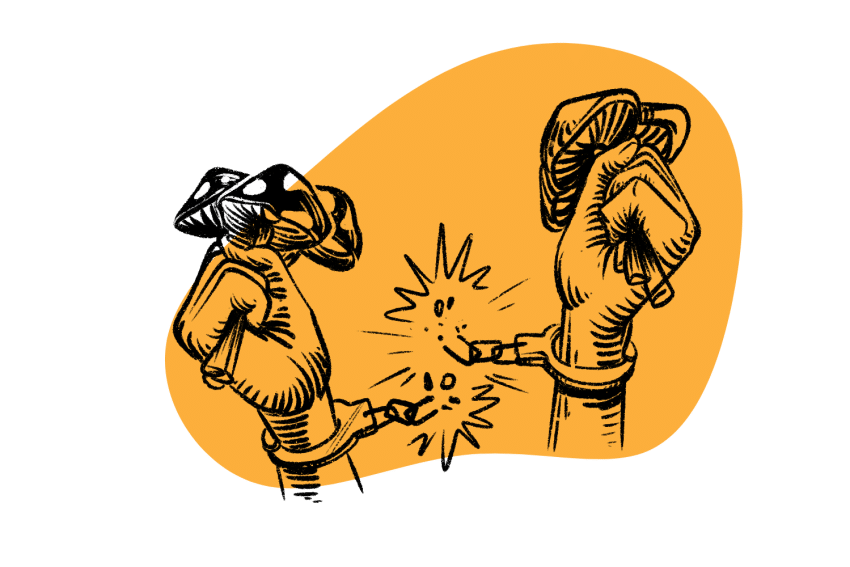
When something is decriminalized, it doesn’t mean it’s legal — it means the penalties for possessing or consuming the substance are significantly (but not completely) reduced.
Legalization takes this one step further and removes these penalties completely as long as a specific set of criteria are met (such as the age of the buyer and quantity of the substance).
When a substance is legalized, it usually comes with a set of protocols that allows approved companies to sell it.
Psychedelics are well on their way to being decriminalized and potentially even legalized in the United States, Canada, Australia, and Europe.
In this guide, we’ll explore the topics of decriminalization and legalization in the context of psychedelics and other psychoactive substances. We’ll also touch on the current status of decriminalization and legalization for magic mushrooms, LSD, ketamine, MDMA, and more.
Summary: Decriminalization vs. Legalization
- Legalization removes the penalties for possessing a substance and allows the substance to be bought from approved sellers.
- Decriminalization removes the penalties but doesn’t mean the substance is legal. Sale is prohibited, and there may still be a fine if you’re caught in possession of the substance.
- MDMA, ketamine, and LSD are most likely to be legalized and used as prescription-only medicine.
- Magic mushrooms, ayahuasca, iboga, and mescaline-containing cacti are most likely to be decriminalized.
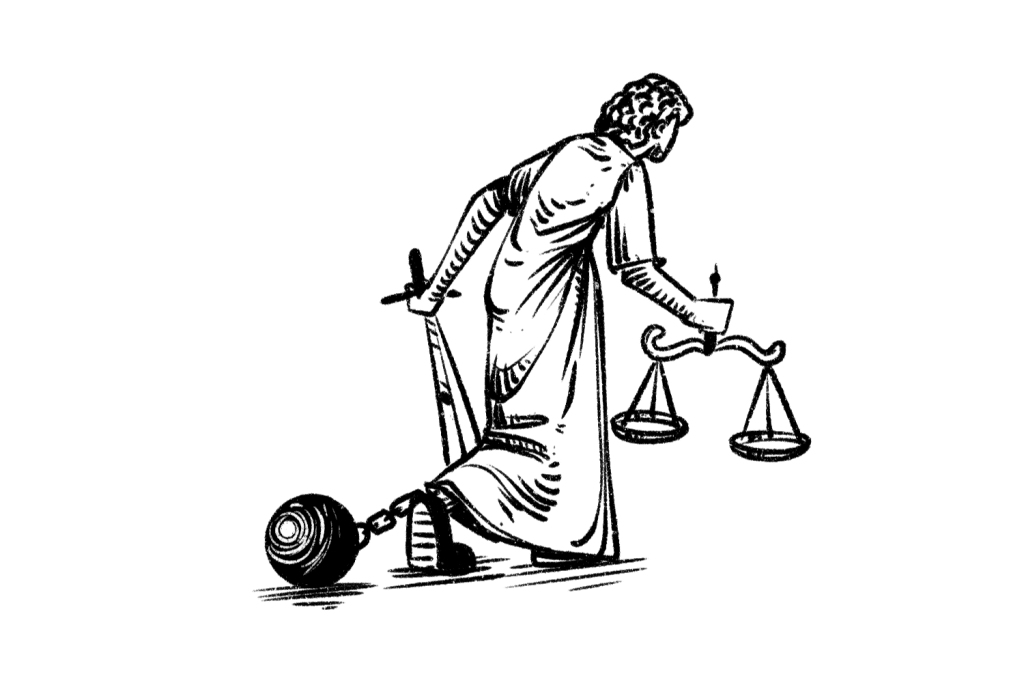
What is Decriminalization?
Decriminalization is the halfway point between prohibition and legalization.
When a substance is decriminalized, it means there are laws that state the possession or consumption of a substance is illegal — but the penalties for breaking these laws are much lighter. The penalties range from confiscation of the substance to a small fine.
Decriminalization doesn’t affect the sale of a substance. The change doesn’t allow individuals or companies to begin selling the substance; it merely removes the harsh penalties for people who are caught in possession of it. This means that decriminalized substances are still only available from black market vendors.
The Pros & Cons of Decriminalization
Pros
- Decriminalization makes it easier for people addicted to drugs to find effective treatment.
- Courts are freed up to take on more important cases.
- Violence related to drug trafficking is reduced.
- Substance abuse and addiction rates decline.
Cons
- Decriminalization doesn’t solve the problem of black markets & substance adulteration.
- Some people who would otherwise not use substances may feel more inclined to do so.
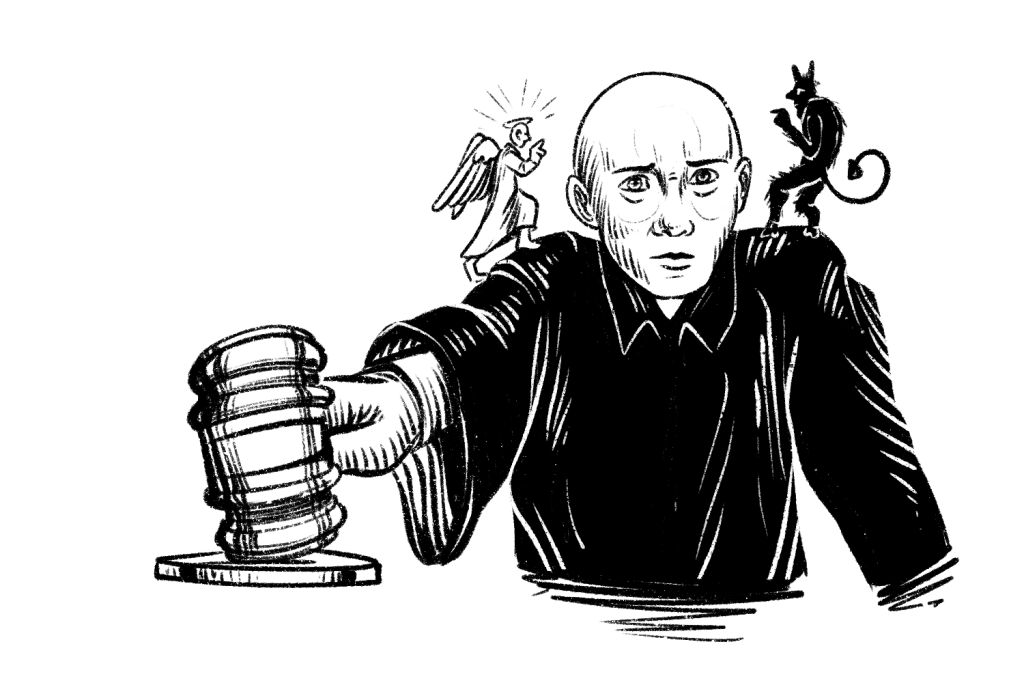
The Logic Behind Decriminalization
There are many reasons why a government may choose to decriminalize a drug — rather than legalize it or keep it prohibited.
In the context of psychedelic drugs like LSD, magic mushrooms, or mescaline — there’s not only any evidence to suggest they’re addictive — there’s actually a growing body of evidence to suggest the exact opposite — that psychedelics can actually reduce the incidence of drug addiction.
For hard drugs, the motivation to decriminalize is slightly different.
Studies have shown that by treating drug use as a health issue rather than criminal, people who are affected have a better chance of getting the help they need.
The logic behind this comes down to asking why people use drugs in the first place — especially highly addictive drugs like opiates or methamphetamine.
Most people turn to drugs as a way to escape a painful or otherwise uncomfortable reality. The cause of discomfort could be related to physical pain or anxiety — or deeply-rooted trauma limiting one’s ability to find enjoyment or motivation in life.
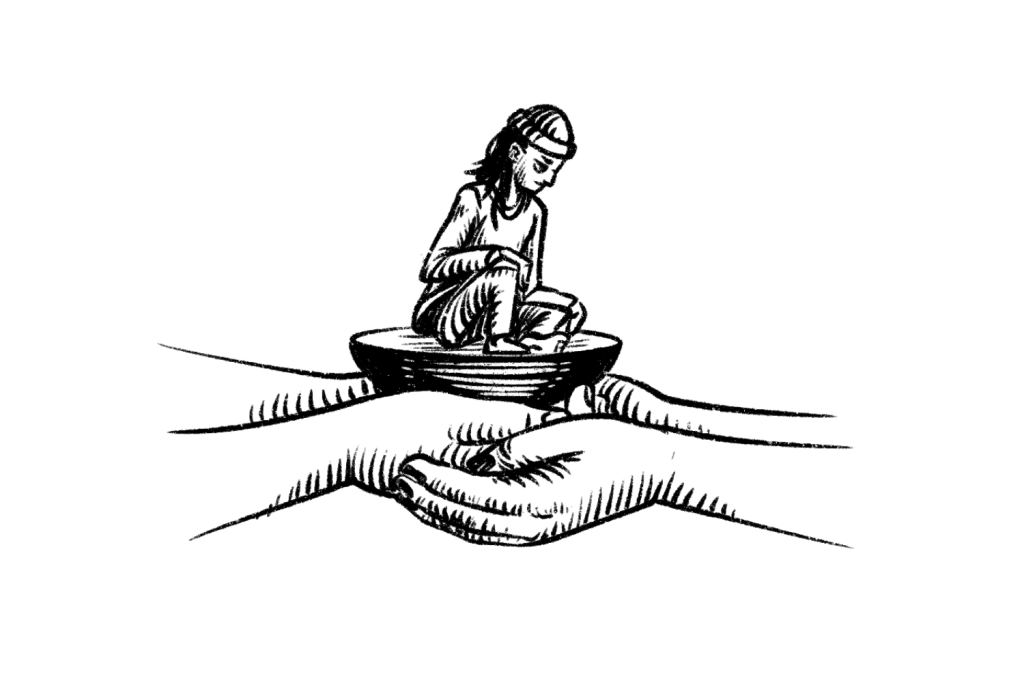
Drugs, like heroin, methamphetamines, cocaine, or other psychoactive drugs serve as a form of escape from these feelings of discomfort.
This makes drug addiction more of a health issue than a criminal issue.
However, the current means of managing the drug epidemic (AKA the Drug War) is to punish anybody caught using these substances. They’re thrown in jail, removed from their family and friends, and subjected to harsh fines and restrictions on employment. This makes life even more uncomfortable and desperate — leading to an even greater need to escape (AKA to use drugs).
By removing drug use as a cause for arrest and offering help for people affected by substance abuse disorder in exchange — it’s much more likely the individual will be able to “turn their life around.” They’re more likely to return to a lifestyle that’s more productive and experience happiness on a more consistent basis.
What We Can Learn From Portugal on Drug Decriminalization
Portugal was the first example of a country that made this change and saw a significant reduction in addiction.
Before 2001, the country was plagued by drug abuse. Portugal estimated that roughly 1% of its citizens had substance abuse disorder, and HIV infections were the highest of any country in the EU.
Instead of ramping up their drug war spending, they hired a panel of addiction experts from all over the world to formulate a plan. What they came up with was both revolutionary and incredibly simple.
Portugal moved to decriminalize all drugs in 2001 and increased the spending on reintegration programs for people recovering from drug abuse.
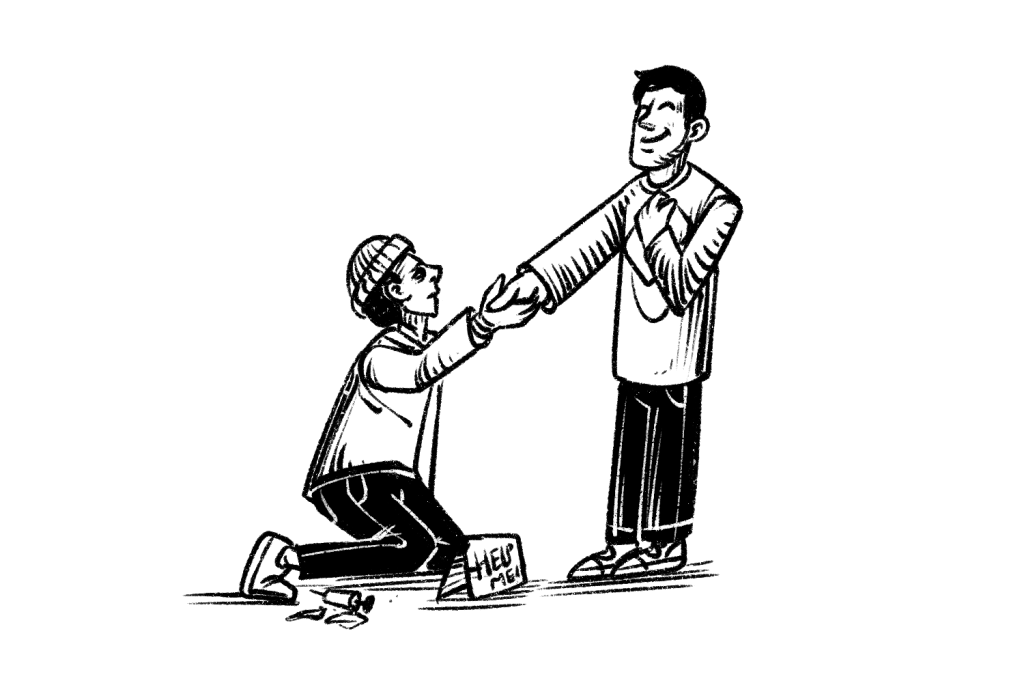
That’s it! Over the next decade, addiction rates dropped by more than 60%, HIV diagnosis dropped 20 times, and overdose deaths dropped 5 times. Portugal’s current drug use rates are below the European average and well below that of the United States.
Two things are happening here:
- By treating addiction as a health disorder, addicts can find an effective treatment for their condition more easily
- By giving addicts purpose in life (a roof over their heads and a job through government grants), they’re able to find happiness in their life without the need for drugs
What’s The Status of Decriminalization in the United States?
So far, only Oregon has officially decriminalized all drugs — including psychedelics and harder drugs like heroin. Those caught possessing a substance are given the equivalent of a traffic ticket.
Oregon was the first, but there are many other states with initiatives making their way through the sluggish political system that seeks to decriminalize a handful of illegal substances (if not all):
- California — SB-519 would decriminalize psilocybin, LSD, MDMA, ketamine, DMT, mescaline, and ibogaine.
- Maine — LD-967 would decriminalize all entheogenic psychedelic plants and fungi
- Missouri — HB-1176 is pushing to move psychedelic substances to the state’s “right to try” law — which gives patients facing terminal illnesses or other debilitating illnesses the opportunity to try experimental drugs after it’s been proven that existing therapies are ineffective.
- Vermont — H.309 seeks to decriminalize entheogenic plants and their active ingredients. This bill includes magic mushrooms, peyote, San Pedro, and ayahuasca — but specifically omits LSD and MDMA.
- Washington — HB-1499 aims to decriminalize the use of all drugs. The bill would also expand on the treatment services for people suffering from substance abuse disorder. ‘
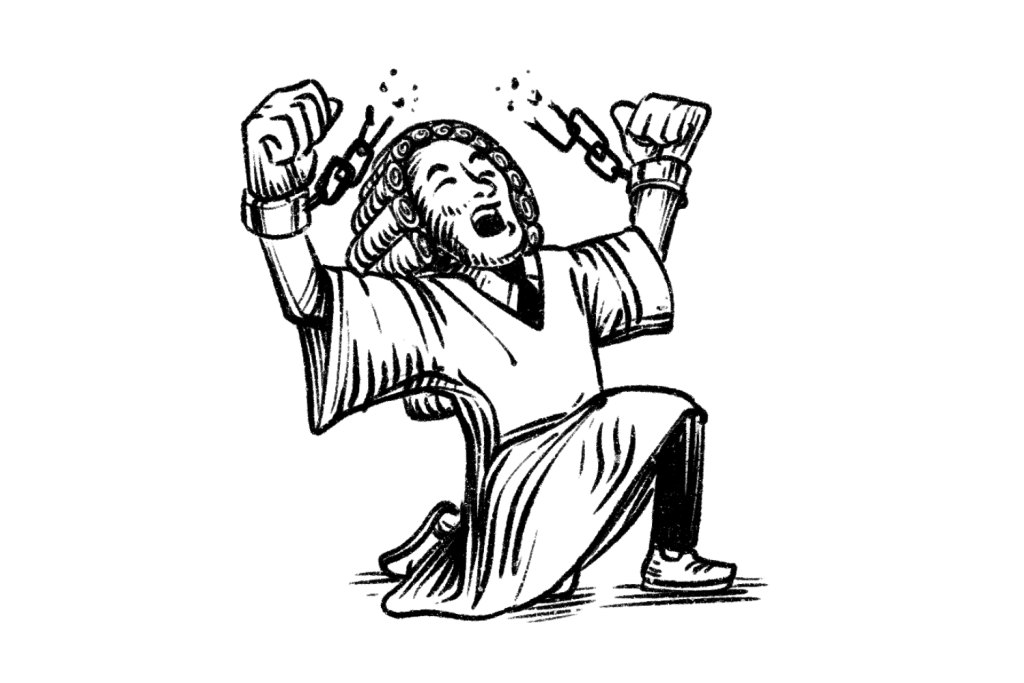
Some states aren’t quite ready to decriminalize but are getting the ball rolling by setting up various task forces or research groups to explore the idea of decriminalization (or legalization) of certain substances in more detail.
A few examples include Connecticut (HB-6296), Texas (HB-1802), and Virginia (HJ-530).
There are also local initiatives in New Paltz (NY), Northampton (MA), Port Townsend (WA), and Spokane (WA) pushing forward on a variety of bills that would decriminalize psychedelic substances within their local jurisdiction.
What is Legalization?
When something is “legalized,” it means that it went from being illegal to legal.
However, the term is a little bit more complicated than that because there are usually many stipulations and regulations around the substance even after it’s been legalized. Stipulations often include the age of the buyer, the quantity a buyer is allowed to purchase. Sometimes the rules allow only those who have a medical license or other paperwork to buy it.
This is what’s happened with the formation of medical marijuana programs in the United States. You could legally buy marijuana, but only if you had the right paperwork and were approved by the medical program within the state.
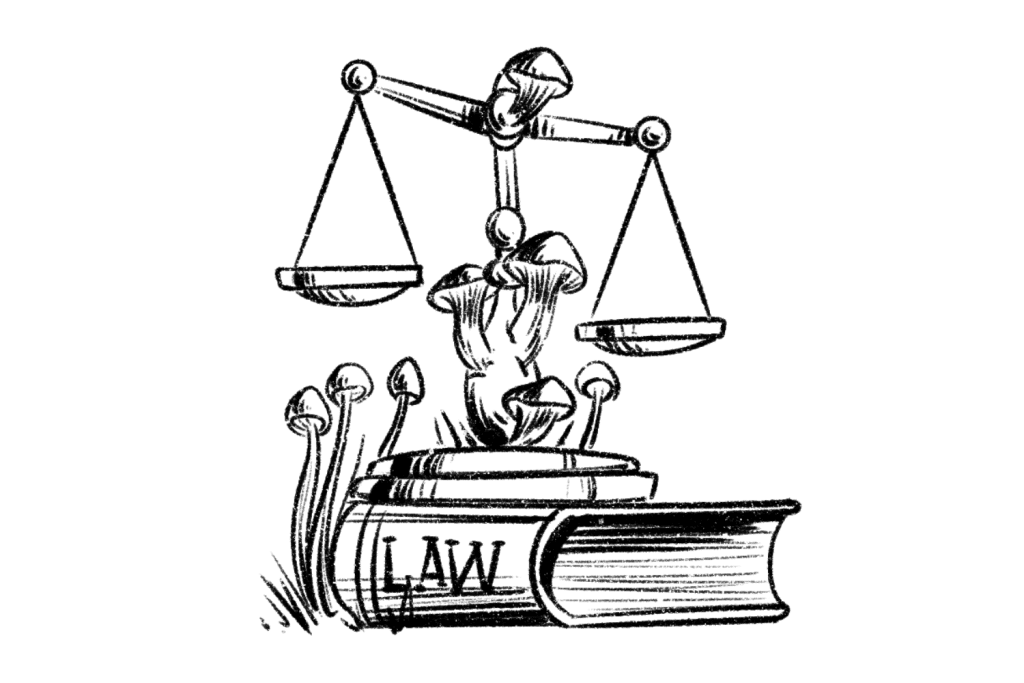
Some states have gone a step further and moved marijuana to become legal for recreational use — which removed the need for a medical card in order to buy marijuana — but still limits the amount you can buy or possess at any given moment. It also places strict regulations on the companies selling the substance, which increases the cost and often negatively affects the quality and supply of a substance as well.
When it comes to psychedelics, legalization will likely follow a similar path. Substances such as LSD, psilocybin, MDMA, and ketamine may move from illegal to legal status — but only under the care and supervision of a medical professional.
The Pros & Cons of Legalization
Pros
- More people have access to the substance without the risk of going to jail or getting fined
- The industry becomes more regulated, which reduces the concentration of contaminated or adulterated products
Cons
- Restrictions put in place often creates conditions that are unfavorable to providing the highest quality product possible
- The cost to increase after legalization
- It can create supply-chain issues
What’s The Status of Legalization in the United States?
There are already a handful of legal psychedelics in the United States.
Some compounds, such as salvia, are legal because there were never any laws specifically outlined to ban it. Others are legal for those who use them for religious purposes only and are part of an approved religious group. A few examples of this are the use of peyote, San Pedro, or the Colorado river toad by indigenous groups in the United States. Ayahuasca is legal for members of União do Vegetal.
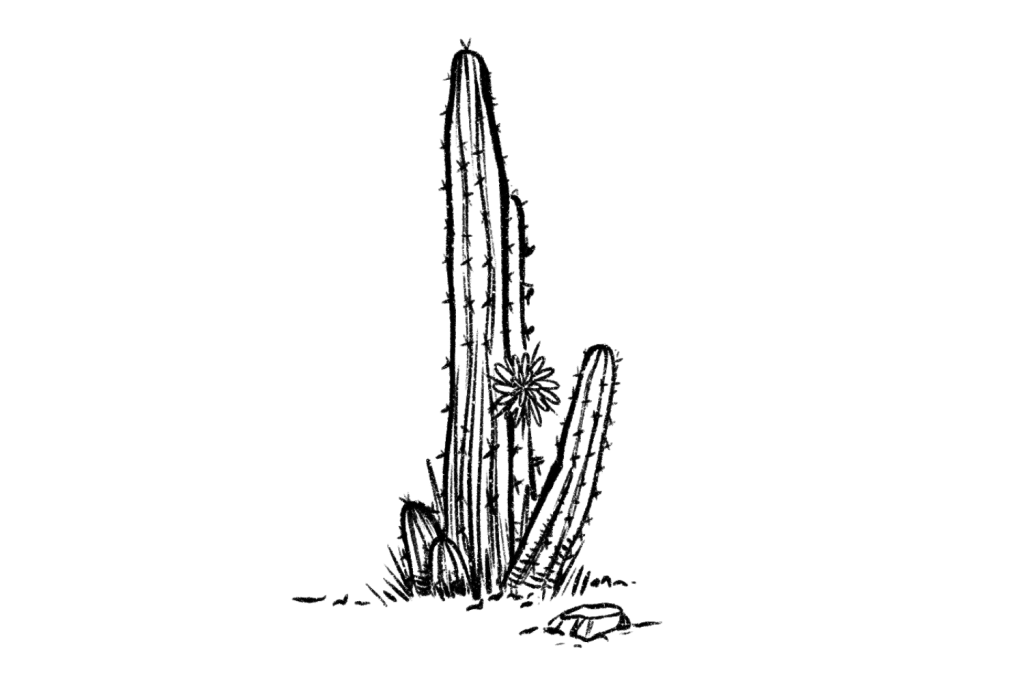
Some compounds, such as ketamine, were only recently made legal for the use of registered medical professionals to administer in their clinic in the treatment of mental health disorders.
MDMA is in the works to become legal as a treatment for PTSD and depression on a federal level by the start of 2022. There are also motions to move psilocybin into the prescription-only category for the treatment of a variety of mental health disorders.
Marijuana has seen the most rapid advancement in terms of legalization. Currently, psychoactive marijuana is legal for recreational use in 15 states, plus the District of Columbia and Guam. Another 23 states allow marijuana use with a valid prescription, and only 12 outright ban it.
Current & Upcoming Drug Laws For Psychedelics
There are three substances, in particular, that have made a lot of progress in the past couple of years. All three of these drugs are likely to become legalized within the next five years.
MDMA
Most likely outcome: Legalization
MDMA (ecstasy) is currently on a fast track to becoming legal in the United States, Canada, and parts of Europe. Everything is riding on the outcome of a phase III clinical trial scheduled to complete sometime in the summer of 2021.
Legalization is used lightly in the context of MDMA. The move would most likely involve reclassifying the substance from its Schedule I standing to a lower tier. The change would permit health practitioners that have undergone special training to use the drug in the clinic with their patients.
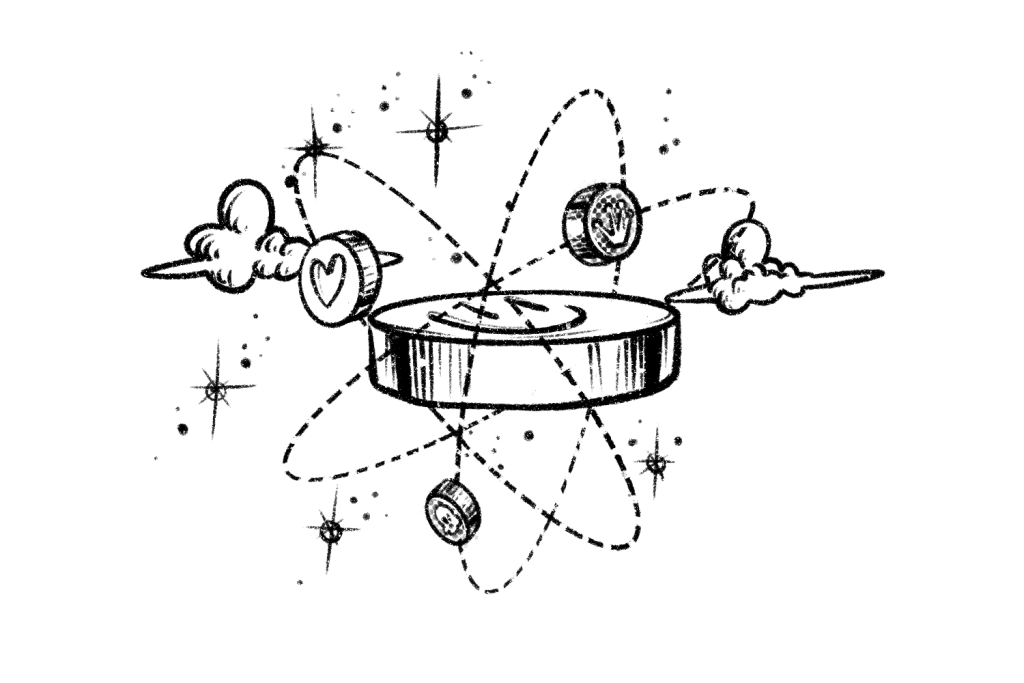
A Schedule I drug implies the substance has a high potential for abuse and no medical value. This classification is getting hard to maintain with the recent advancements in medical research on this substance, suggesting it to have profound therapeutic value for treatment-resistant PTSD, depression, and anxiety — just to name a few.
In order to reclassify the substance, regulators need evidence in the form of phase III clinical trials. The FDA signed a Special Protocol Assessment (SPA) submitted by MAPS (currently the leading push behind MDMA research in the United States). This SPA means that as long as the phase III trials are expected to complete by mid-2021, MDMA will automatically be approved for use in clinical medicine.
MDMA will still be illegal to possess, synthesize, and consume MDMA outside of these strict criteria.
Psilocybin (Magic Mushrooms)
Most likely outcome: Decriminalization
There are two separate pushes in the realm of magic mushrooms. There are groups advocating for the decriminalization of psilocybin for all citizens and other groups focusing on legalization from the medical angle of psilocybin-assisted therapy.
The for-profit company, Compass Pathways, as well as non-profits such as MAPS, have been doing research on the use of psilocybin as medicine for several years now. With a lot of this research already completed, these organizations are now shifting their focus on changing drug policy. There’s a push for federal governments around the world to legalize the use of psilocybin-containing mushrooms for the treatment of PTSD, depression, anxiety, and end-of-life care.
Current initiatives to decriminalize or legalize magic mushrooms and magic truffles in the United States:
- California — Decriminalize CA will likely be on the Nov 2022 election ballot. If passed, anybody over the age of 21 in the state of California will be able to possess, distribute, cultivate, transport, and consume magic mushrooms.
- Florida — HB-549 seeks to legalize psilocybin-assisted therapy.
- Kansas — HB-2288 aims to decriminalize the use of psilocybin-containing fungi and truffles.
- Michigan — Decriminalize MI is pushing forward on a bill to eliminate the penalties for a variety of entheogenic plants and fungi. This includes magic mushrooms, San Pedro, Peyote, ayahuasca, and iboga.
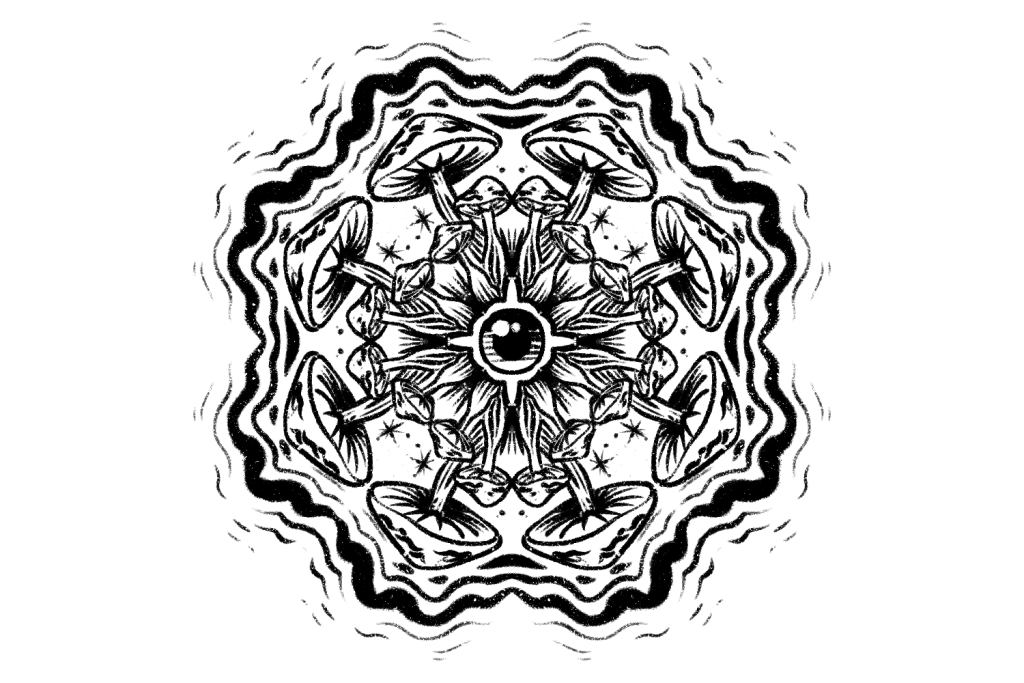
There are also initiatives to decriminalize psilocybin in the states of New York & Vermont that are still in the early stages of the process.
Decriminalization is starting to happen on a local municipal level as well. Denver (CO), Oakland (CA), Santa Cruz (CA), Austin (TX), Somerville (MA), Ann Arbor (MI), and Cambridge (MA) have all passed motions to decriminalize psilocybin and other entheogenic plants.
Marijuana
Most likely outcome: Decriminalization (Federal), Legalization (State)
A recent poll by Gallup found that 68% of Americans believe marijuana should be legal. This is the highest level of support for the legalization of the plant for recreational purposes on record.
There are also a growing number of states (currently sitting at 15) that have already created their own state laws to permit the sale of marijuana for recreational purposes.
President Biden also promised to decriminalize cannabis and expunge all prior cannabis convictions during his presidential campaign.
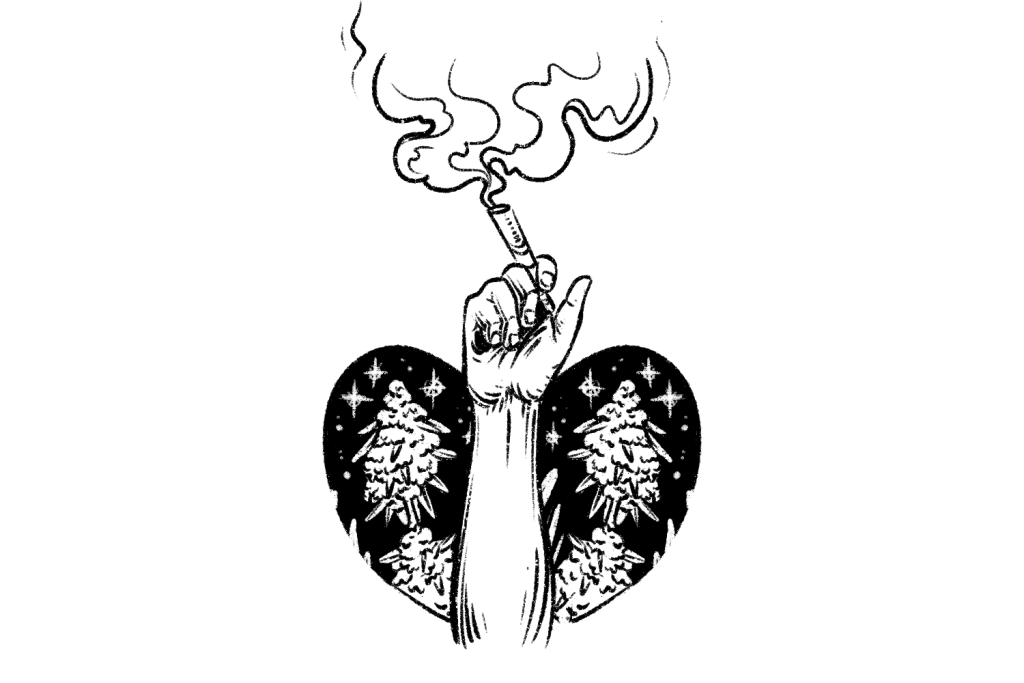
All of these factors, along with a few current initiatives working their way through the pipeline, make it very likely we’ll see cannabis removed from its Schedule I standing, or at the very least, decriminalized. Biden’s Plan for Strengthening America’s Commitment to Justice suggested he would support medical marijuana on a federal level, expunge criminals incarcerated on marijuana charges — but leave the details regarding recreational marijuana to state regulators.
Late last year (2020), the historical MORE Act was passed in the House of Representatives. This bill stands for Marijuana Opportunity Reinvestment and Expungement. It’s currently awaiting a vote in the Senate before it moves to president Joe Biden’s desk. If he signs it, marijuana would be removed from the controlled substances act, and 5% of all legal marijuana sales would go into a fund for law enforcement and small businesses.
Final Thoughts: Should Psychedelics Be Legal?
Decriminalization would involve removing strict penalties for people caught in possession of illegal substances.
Legalization removes the penalties completely but usually involves strict regulations or criteria.
When it comes to psychedelics, the push seems to be towards decriminalizing psychedelics that are used primarily for recreational purposes and have a low incidence of causing harm — such as marijuana, magic mushrooms, mescaline, and ayahuasca.
Conversely, substances with a higher incidence of causing harm but have clear medicinal value are more likely to become legal through the introduction of medical programs or psychedelic-assisted therapy. This includes MDMA and ketamine.

